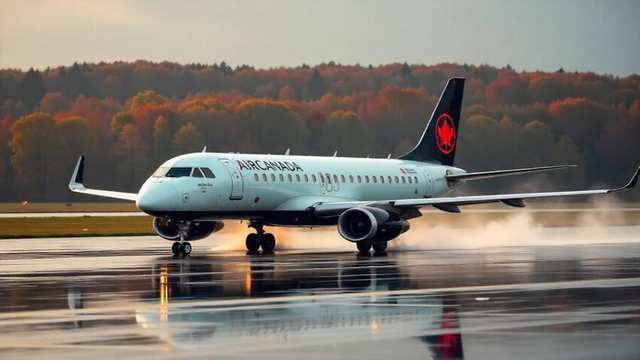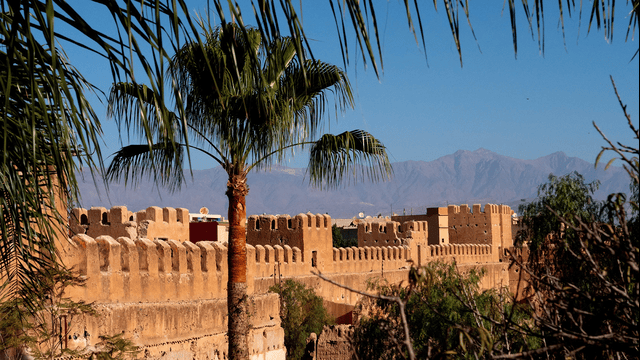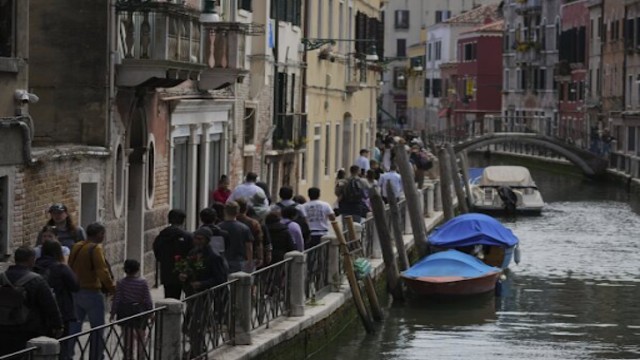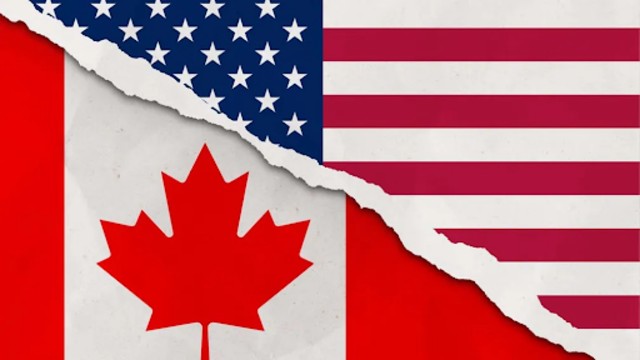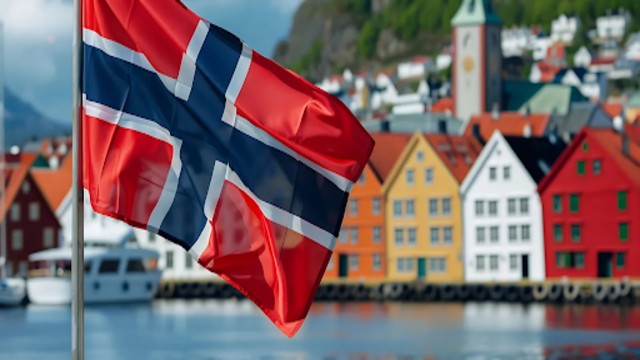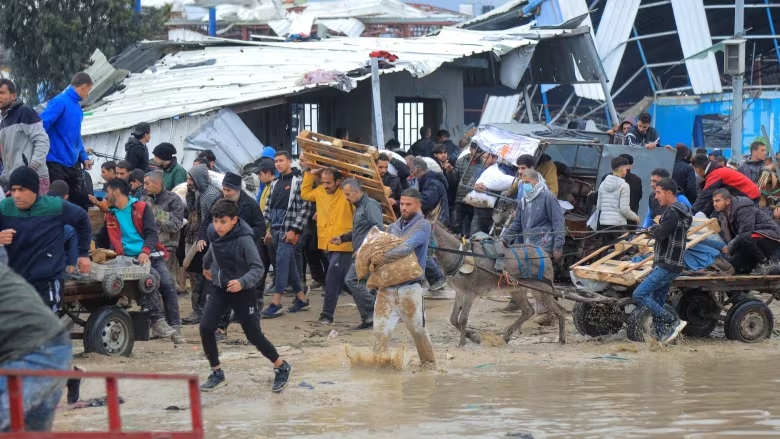
Palestinians in Gaza City were seen carrying bags of flour taken from an aid truck near an Israeli checkpoint over the weekend. The situation highlights the severe levels of hunger faced by Gaza residents amid the ongoing conflict between Israel and Hamas. The photograph, captured by Hossam Azam for Reuters, portrays the challenging conditions experienced by the local population in the midst of the crisis.
Several Western countries, including Canada and the U.S., have temporarily halted funding to the United Nations Relief and Works Agency for Palestine Refugees (UNRWA), sparking worries about the future of humanitarian aid in Gaza. The pause follows Israeli allegations that some UNRWA staff were involved in Hamas-led attacks on Israel. Seven other nations, including the United Kingdom and Germany, have taken similar actions.
UNRWA, often described as a municipal government, plays a crucial role in providing essential services to Gaza's population, including healthcare, education, and sanitation. Michael Bociurkiw, a global affairs analyst, emphasized the agency's unique position in the region, stating that no other aid organization could currently fulfil its role.
Rex Brynen, chair of the Middle East Studies program at McGill University, acknowledged the seriousness of the allegations but highlighted the risk of suspending funding for a vital humanitarian aid agency. He noted that the funding pause adds pressure to already strained relief efforts in Gaza.
In response to the allegations, UNRWA has terminated the employment of suspected staff members, initiated an investigation, and pledged accountability for any involvement in acts of terror. Philippe Lazzarini, the agency's commissioner-general, urged countries to reinstate funding to prevent a suspension of humanitarian response, emphasizing the impact on regional stability and the lives of people in Gaza.
The International Court of Justice ruled that Israel must ensure the provision of basic services and humanitarian assistance in Gaza. Lazzarini emphasized the importance of cooperation with UNRWA, the primary humanitarian agency in Gaza.
The potential consequences of a funding shortfall are significant, with concerns raised about the collapse of UNRWA leading to a surge of desperate Palestinians towards the Egyptian border. Western countries are likely awaiting concrete actions from UNRWA to address concerns and resume funding.
UNRWA, established in 1949, provides services to Palestinian refugees in various regions, including Gaza, the West Bank, Jordan, Syria, and Lebanon. Israeli officials, including Prime Minister Benjamin Netanyahu, have accused the agency of fostering anti-Israeli sentiment, a claim UNRWA denies.
In the face of ongoing conflicts in Gaza, Syria, and Lebanon, UNRWA is under strain, with more than 30,000 employees, mostly Palestinian refugees. The agency has reported casualties among its staff and persistent attacks on its facilities, further exacerbating the challenges it faces.


